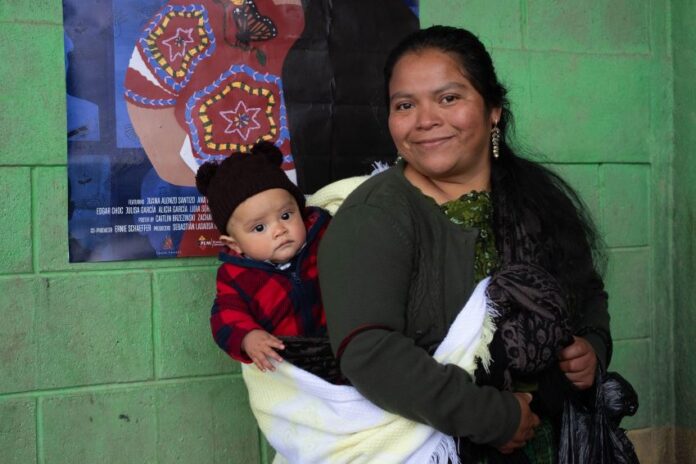In a June 19 report titled “Government at a Glance,” the Organization for Economic Cooperation and Development (OECD) lauded Mexico’s poverty reduction efforts.
According to the report, government policies in Mexico helped reduce relative poverty by 3.9 percentage points from 2012 through 2021, more than in any of the other 37 member nations. Mexico also saw a 0.06-point reduction in income inequality over the same period.
Mexico’s success in poverty reduction contrasts with the OECD finding that the average improvement among its member nations was only one percentage point between 2012 and 2021.
On Sunday, Deputy Gabriela Jiménez, vice-coordinator in the Chamber of Deputies for the ruling party Morena, celebrated the annual OECD report.
“This is not an accidental achievement,” Jiménez told the newspaper Milenio. “This is the result of a government model that places the public in the center of all its decisions with one clear policy ideal — The poor come first.”
Though the OECD report focuses on the decade leading up to 2021, Jiménez said the standout reduction in relative poverty was made possible by the policies of former President Andrés Manuel López Obrador (2018-2024), which focused on addressing economic inequality.
According to the World Bank Platform on Poverty and Inequality, from 2018 to 2024, the percentage of Mexicans living below the poverty line decreased from 35.3% to 25.2%.
The World Bank attributed the success to “a structural transformation in economic and social policies,” according to the Chamber of Deputies’ statement released by Morena Deputy Dolores Padierna.
Padierna highlighted the 125% increase in the minimum wage, as well as social programs such as adult pensions and scholarships for students as keys to helping 11 million people escape poverty.
Mexico’s percentage of working poor declines to historic low
“The pensions alone accounted for almost 2% of the poverty reduction,” Padierna said, “and the scholarships contributed another 0.5%, signifying direct and stable income for millions of households that had historically been ignored.”
In its section on poverty and inequality, the OECD report examined how governments can help ensure economic opportunity and security for households through policies that provide social and economic opportunities in areas such as education and employment.
In addition to employment programs such as “Jovenes Construyendo el Futuro” and welfare programs such as “Becas para el Bienestar” instituted during the López Obrador administration, the increase in the minimum wage served to redistribute income and reduce relative poverty, according to the OECD.
📢Government at a Glance 2025
Women hold 34% of seats in the lower or single houses of parliament in 2025, up from 26% in 2012.
Get the data 🔗 https://t.co/m4FLFrnwyd pic.twitter.com/wmVNzhykwB
— OECD Governance (@OECDgov) June 21, 2025
The OECD report also found that Mexico was among the leaders in reducing inequality and that public trust in the government was higher in Mexico than in any other member nation.
However, the OECD noted that Mexico has the lowest life expectancy and is last in public spending on health care. As such, Mexicans spend more out-of-pocket on health care than citizens in other OECD nations.
Mexico also finished at the bottom of the rankings in education, with its students performing poorly on PISA tests. The Program for International Student Assessment (PISA) is an international assessment that evaluates the skills and knowledge of 15-year-old students in reading, mathematics and science.
With reports from La Jornada, Milenio and La Política Online
